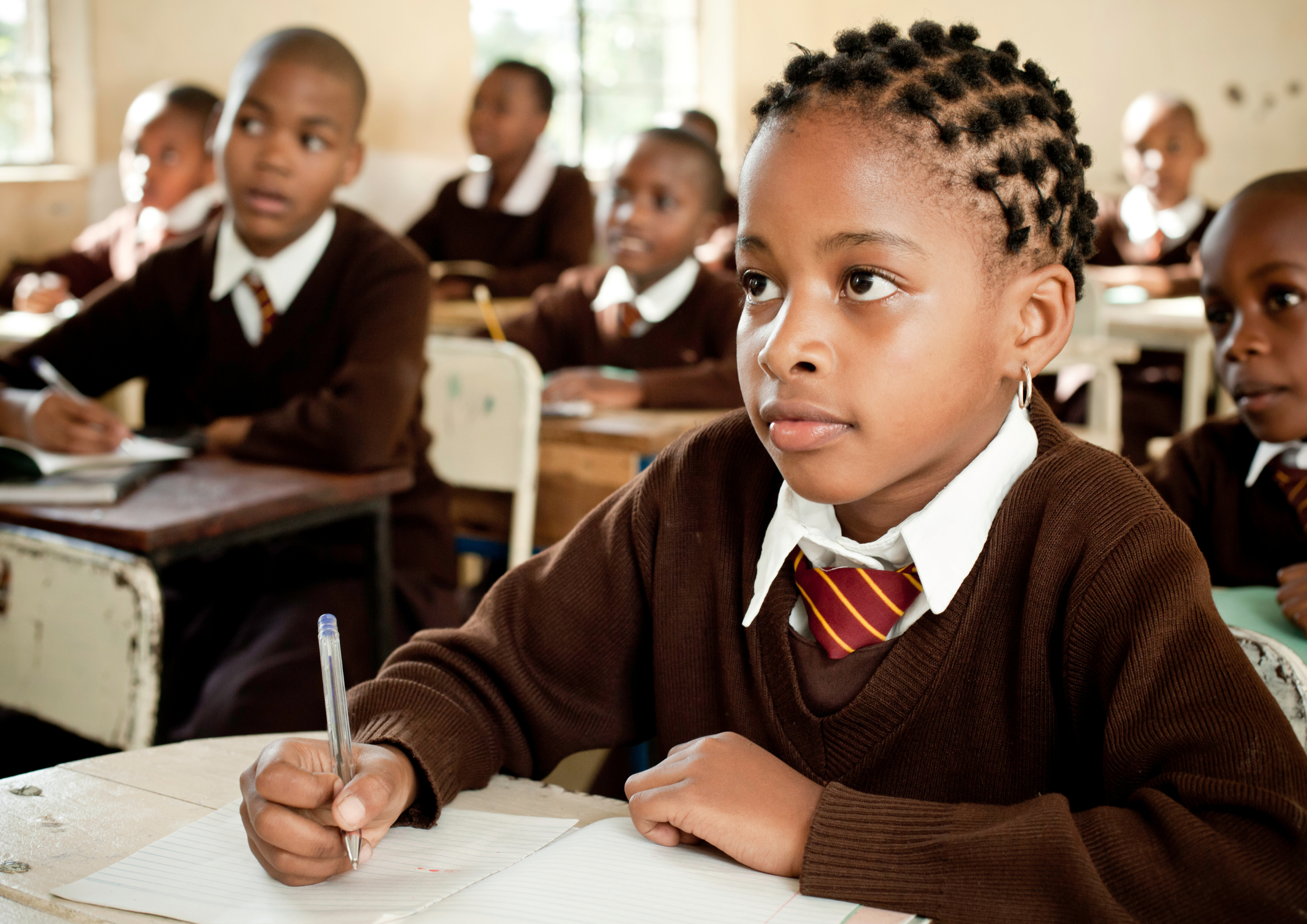UNICEF to connect 500,000 African schools to the internet through large-scale procurement strategy
Procurement initiative seeks to reduce costs and encourage donor and private sector investment
UNICEF is launching an ambitious procurement process to connect 500,000 schools across Africa to the internet by 2030. This initiative, leveraging the organization’s global procurement expertise, aims to lower costs and stimulate new opportunities for private suppliers.
The internet connectivity project is expected to cost approximately US$6 billion over five years, with an additional US$1.2 billion in annual operating costs. UNICEF’s goal is to reduce the overall cost of connectivity by up to 60 percent, providing significant savings for governments and donors alike.
Leveraging procurement power to close the digital divide
UNICEF’s procurement team has a long history of delivering goods and services for children, including vaccines and therapeutic food. In 2023, the organization procured $5.2 billion in supplies across 162 countries. Now, UNICEF is using this same procurement muscle to address the digital divide by connecting schools to the internet.
“When we bring UNICEF’s procurement power to the table, it changes what’s possible — governments can connect more schools, more quickly, and at a lower cost. That means more young people gaining the digital skills they need to participate in the global economy,” says Jaime Archundia, UNICEF’s Procurement and Market Development Lead for the Giga initiative.
The Giga initiative, launched in 2019 by UNICEF and the International Telecommunication Union (ITU), aims to connect every school in the world to the internet. Despite progress, one-third of the global population remains offline, and connecting schools in Africa is a crucial step towards addressing this gap.
Attracting funding and engaging private sector suppliers
The initiative will also help attract more funding from bilateral and multilateral sources. In Sierra Leone, UNICEF worked with the government to secure financing from the Islamic Development Bank (IsDB), reducing the costs for local governments.
Private suppliers will benefit from transparent procurement processes and the large, untapped market of school connectivity in Africa. UNICEF aims to issue a Request for Proposals (RFP) in the fall of 2025, inviting companies that meet its price and quality standards to bid for contracts to connect clusters of schools.
“We are activating this market,” says Archundia. “Our target is to cluster school connectivity projects across all of Africa into groups of thousands of schools, so we can make deployments more efficient and reduce costs.”
Addressing infrastructure gaps
In addition to traditional internet connectivity solutions, UNICEF is exploring the use of solar power and satellite connections to address infrastructure challenges in areas with limited electricity. By diversifying the range of suppliers and increasing market competition, UNICEF aims to ensure that lack of infrastructure does not hinder the progress of this critical initiative.
“By mapping school connectivity and developing finance and delivery models for multiple countries, UNICEF has improved market transparency and reduced risk for private investors,” says Archundia.




















